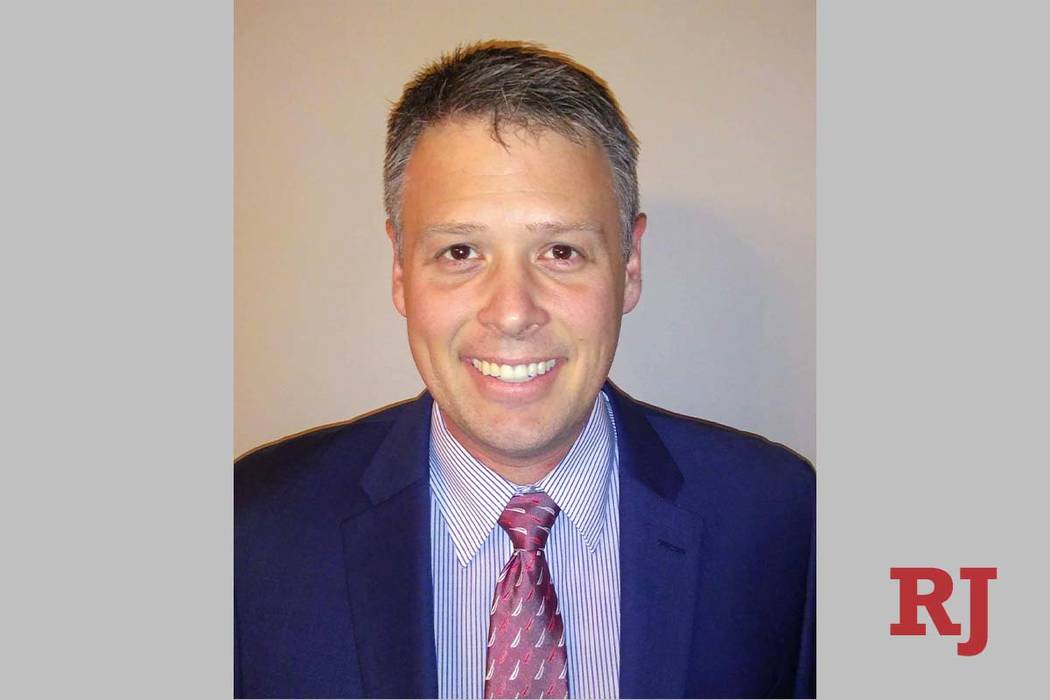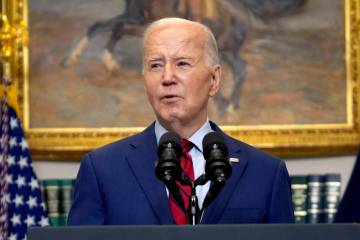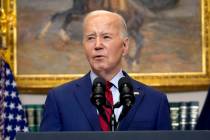Retzl discusses CCSD, funding formula and charter schools
The reorganization of the Clark County School District is contributing to the district’s budget pinch. At this point, it’s impossible to know how the new education funding formula will work. Also, Nevada charter schools need to serve more high-need students before it’s possible to tell if they’re “working.” That’s according to Kenneth Retzl, director of education policy with the Kenny Guinn Center for Policy Priorities.
“The [CCSD] reorganization is still trying to take effect,” Retzl said while filming Nevada Politics Today. “So there was a lot money that now needs to go to the schools — appropriately so — but that might have been sitting in central office before, but now can’t absorb a lot of these cuts. The reorganization of CCSD is starting to contribute to some of this. They’re getting a better handle on where their finances are going, but they’re also finding out, on the flip side, they don’t have as much money as they would have liked.”
Retzl said an audit examining how the district spends money “could provide some helpful information” but wasn’t sure it’d be worth the cost.
“Every year they do have a financial audit, but that’s not going to find some of the things people are really looking for,” he said. “People just want to know that CCSD is being efficient in the way that they spend the money. If a forensic audit is the way to go, sure, but while you also want to be efficient with your money, a forensic audit costs money. It’s a balancing act.”
For years, the district has struggled with a teacher shortage, which Retzl attributes in part to the increasing demands on teachers.
“There’s just so many more things that teachers have to do now than educate kids that is taking up their time,” Retzl said. “I don’t think it’s a CCSD phenomenon, but CCSD and the state of Nevada is feeling it.”
During the last session, the legislature passed a new funding formula bill. The goal of that bill was to increase clarity, according to Retzl.
“This bill did not increase funding to education, but the attempt was to make it more transparent,” Retzl said. “All this money is coming from all these different sources and the new funding formula is — one — trying to make that more transparent. It’s also shifting to a funding system where we give more money to students who may need additional resources. So, the old funding system gave more money based on where a student was located in a state with the assumption that it cost more to educate rural students.”
Retzl said, “We won’t know until we turn it on or at least start seeing more numbers” when asked how different the results from the old formula would be.
“We have the framework of the funding formula overhaul, but there’s actually no numbers involved in it,” he said. “The thing the bill actual did was create a funding commission that is going to look at and try to actually figure out how much money all these different groups should get as well as base funding amount.”
Charter schools are growing quickly, but Retzl said it’s too early to tell if they’re “working or not.”
“Charter schools are high performing schools, but if you dig down, they don’t necessarily look like the traditional public schools,” he said. “They don’t serve as high a proportion of students in poverty. They don’t serve as [high] a proportion of students with an IEP. They don’t serve as many English language learners. They’re fully aware of that and are dedicated to fixing it. As they start moving into a being a more comparison-based thing, then we’ll be able to say whether or not charters are working or not.






























